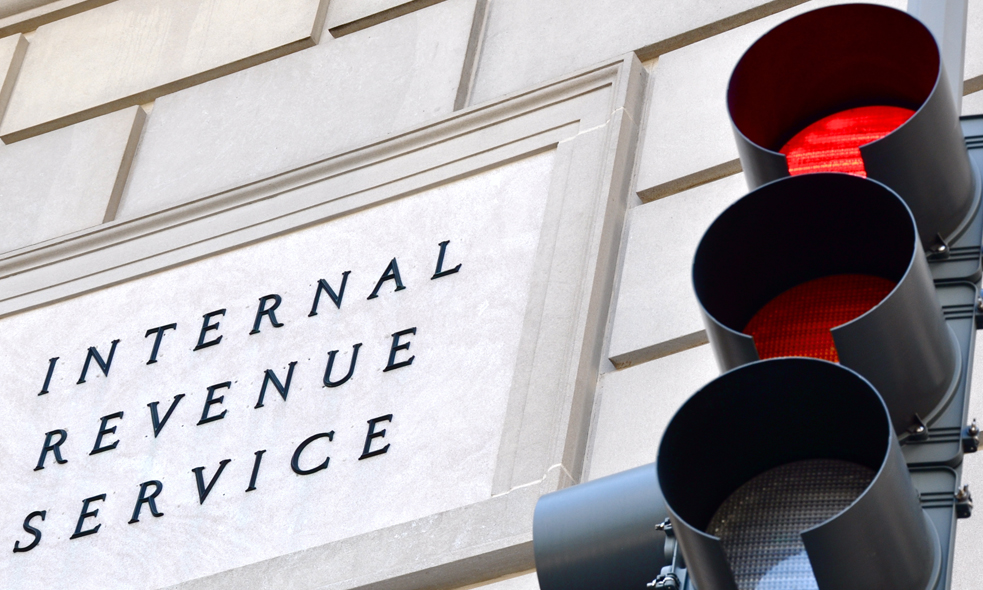
New 501(c)(4) Qualification Requirements Get Mixed Reviews
In a move to prevent a repeat of the scandal that befell the IRS last May, the agency issued new guidelines on candidate-related political activity for groups seeking tax-exempt status as a social-welfare organization.
Following revelations last May that the Internal Revenue Service (IRS) inappropriately targeted conservative groups that were seeking 501(c)(4) tax-exempt status, part of a report from the U.S. Department of Treasury’s inspector general for tax administration revealed that employees of the IRS’s Determinations Unit were unclear as to what kinds of political activities were allowed by 501(c)(3) and 501(c)(4) organizations.
“Neither the tax code nor the complex regulations that govern nonprofits provide clear standards for how much political activity a 501(c)(4) group can undertake,” Senate Finance Committee Chairman Max Baucus (D-MT) said at the time. “The code does not even provide a clear definition of what qualifies as political activity.”
In new initial guidelines issued last week, the IRS and Treasury are looking to clear up any confusion. The rules deal specifically with qualification requirements for tax exemption as a 501(c)(4) social-welfare group and what qualifies as “candidate-related political activity.”
According to the guidance, any group that participates in too much politicking, which can include get-out-the-vote campaigns, voter-registration drives, or handing out material supporting a candidate, among others, would be ineligible for tax-exempt status. The initial guidance is currently open for comments on various aspects, including what proportion of a 501(c)(4) organization’s activities must promote social welfare.
This proposed guidance is a first critical step toward creating clear-cut definitions of political activity by tax-exempt social-welfare organizations.
“This proposed guidance is a first critical step toward creating clear-cut definitions of political activity by tax-exempt social-welfare organizations,” Mark J. Mazur, assistant secretary for tax policy at Treasury, said in a statement. “It will take time to work through the regulatory process and carefully consider all public feedback as we strive to ensure that the standards for tax-exemption are clear and can be applied consistently.”
The rules have drawn both praise and criticism from the association and nonprofit communities.
“Though the new definitions attempt to clarify existing rules, they also create a danger to citizen participation in our democracy,” Alliance for Justice President Nan Aron said in a statement. “If implemented, there would be no such thing as a nonpartisan election activity conducted by a 501(c)(4). … These activities have been critical to the ability of nonprofits to influence the public-policy debate on a wealth of issues.”
Public Citizen, a nonprofit that advocates for more openness in government, welcomed the new rules. “What this will do is establish a clearer regime,” Lisa Gilbert, director of the group’s Congress Watch program, told Politico.
Jim Clarke, CAE, senior vice president of public policy at ASAE, said the rules align with the Obama administration’s interest in stemming the flow of anonymous contributions to 501(c)(4) organizations, but they could bring about free-speech concerns. “While the guidance issued last week is clearly aimed at social-welfare groups, the administration has raised the question of whether similar restrictions should be extended to trade associations and labor unions at some point in the future as well,” he said. “That will be an area where ASAE will focus its comments to the administration.”






Comments